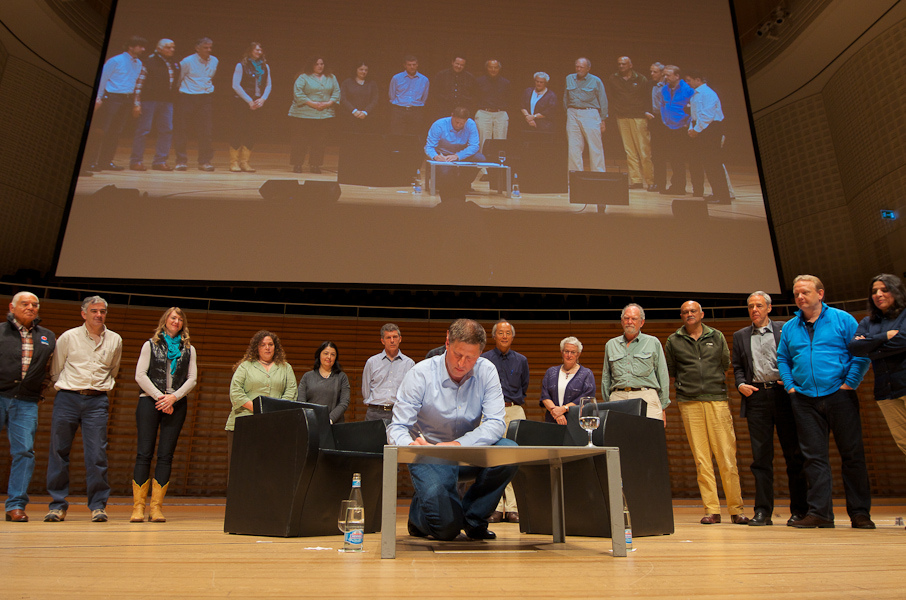Compiled in part by Michelle Guelbart, director of private sector engagement at ECPAT-USA.
In 2012, the Adventure Travel Trade Association (ATTA) joined ECPAT in the fight to protect children from trafficking and exploitation and became the first trade association in the United States to sign on to the Tourism Child-Protection Code of Conduct (The Code). In light of World Day Against Child Labour on June 12, the ATTA is proud to be marking five years of commitment to discussing the issues of child trafficking and sex tourism, ensuring members implement policies to protect kids, and sharing resources with interested parties.

ECPAT is a network of organizations working to end the sexual exploitation of children around the world through research, advocacy, and corporate partnerships, and is represented by 95 members in 86 countries. In October 2012 at the Adventure Travel World Summit in Switzerland, the ATTA was the first U.S.-based association to sign The Code, an international initiative to provide awareness, tools, and support to the tourism industry in order to combat the sexual exploitation of children in contexts related to travel and tourism.
"Being a member of the Code for the past five years has been very important to us at the ATTA,” said Shannon Stowell, the association’s president. “The tourism industry should have a zero-tolerance policy on child sex tourism, and this program helps raise the profile of the subject and train front-line staff on how to help stop it. I'd encourage everyone in the industry to join."
When a travel company or organization joins The Code, it agrees to implement a set of six guidelines that put policies and programs in place that are designed to protect children. In January 2014, the ATTA became a Top Member of The Code, meaning the organization has excelled in its implementation of the six steps, which include establishing an ethical policy against sexual exploitation of children, providing information about the issue to travelers, training staff members, and introducing a clause related to The Code in contracts with suppliers.
“As an association, the ATTA has used its voice to be a multiplier of The Code,” said Michelle Guelbart, director of private sector engagement for ECPAT-USA. The ATTA has received Top Member status to The Code for three consecutive years, leading webinars for members and highlighting the activities of its 869 current members that have signed the values statement.
One such example is the partnership between ATTA member Altruvistas and ECPAT-USA to develop a journey to Thailand, which educates travelers about ending commercial sexual exploitation of children and supports ECPAT’s work. In July 2017, a third group of tourists will embark on the trip.
The ATTA also supports ECPAT-USA’s newest campaign, which seeks to spread the word about how travelers themselves can take ownership in ending child exploitation. ATTA members can help spread ECPAT’s message within professional settings and as private travelers by doing the following:
- Establish a policy against child exploitation, and travel with companies that have such policies.
- Use social media to join ECPAT in educating others to help fight child trafficking.
- Include clauses in your contracts requiring companies to develop policies against exploitation and train employees. Policies can be requested at ecpatusa.org.
- Know the signs of child trafficking and report it if you witness it when you travel. ECPAT-USA developed a list of indicators for trafficking in travel that can be printed and shared with employees, colleagues, friends, and family so they are educated and aware when traveling.
